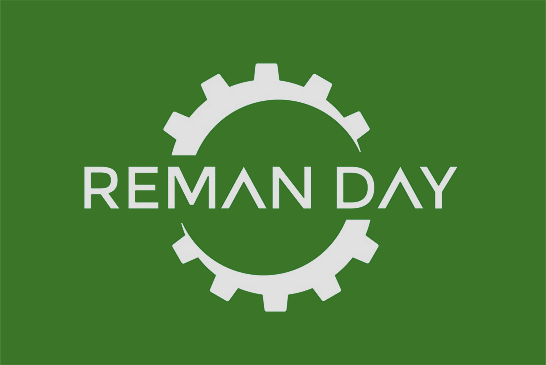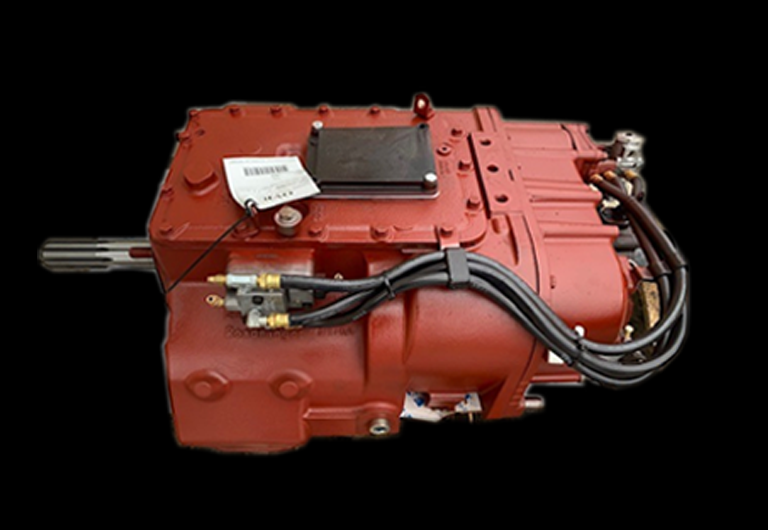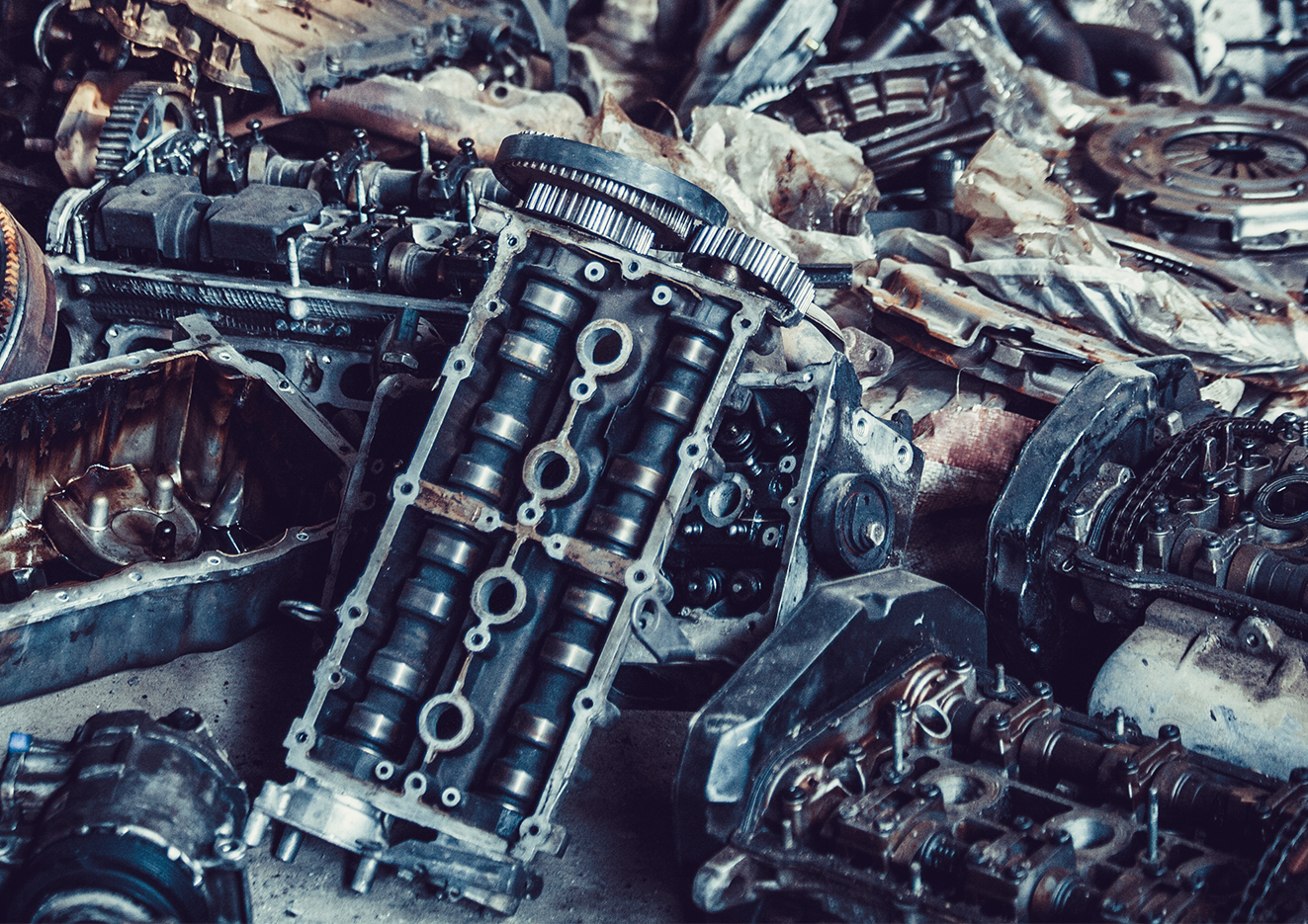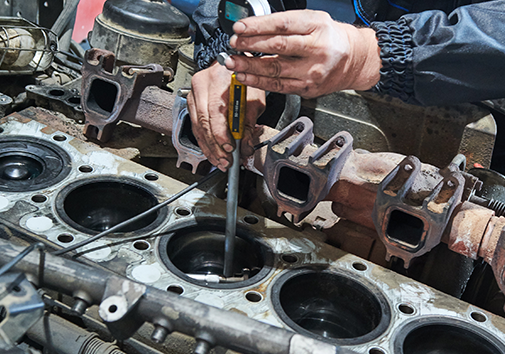10 Things to Consider When Purchasing a Turbocharger for a Diesel Engine
Jay Stewart • January 8, 2025
When purchasing a turbocharger, it’s essential to consider things such as compatibility, performance, durability and more.
1. Compatibility
- Engine Specifications: Match the turbocharger to your engine’s make, model, and displacement.
- OEM or Aftermarket: Decide between an original equipment manufacturer (OEM) turbo, which ensures perfect compatibility, or an aftermarket option, which may offer cost savings. We can help you with this decision.
- Exhaust and Intake Systems: Ensure the turbo matches your exhaust manifold and intake system connections.
2. Intended Use
- Driving Conditions: Consider the type of driving (e.g., highway, off-road, or city routes) and the demand for power.
- Load Requirements: Choose a turbo capable of handling the engine's workload and boost needs, especially for heavy hauling.
3. Performance Goals
- Boost Pressure: Select a turbo that provides the necessary boost pressure for optimal engine performance.
- Lag vs. Responsiveness: Consider whether low-end torque or high-end power is more important for your operations.
- Fuel Efficiency: Choose a turbo designed to maximize fuel efficiency without compromising performance.
4. Build Quality and Durability
- Materials: Look for turbos made from high-quality materials like stainless steel or cast iron for longevity and heat resistance.
- Heat Tolerance: Ensure the turbo can withstand the extreme temperatures generated by diesel engines.
- Brand Reputation: Choose reputable brands with proven reliability (e.g., BorgWarner, Garrett, Holset).
5. Advanced Features
- Variable Geometry Turbo (VGT): Provides better performance across a range of speeds and conditions by adjusting the turbo’s geometry.
- Dual-Scroll Turbos: Enhance efficiency and reduce turbo lag.
- Electronic Actuation: Offers precise control over turbo performance.
6. Budget
- Cost: Balance cost with quality—avoid overly cheap turbos that may fail prematurely.
- New vs. Rebuilt: A new turbo provides reliability, while a rebuilt or remanufactured unit can save money if sourced from a reputable supplier.
- Installation Costs: Factor in professional installation expenses, especially if the turbo requires additional components or modifications.
7. Maintenance Requirements
- Oil and Cooling Needs: Ensure compatibility with your engine's lubrication and cooling systems.
- Ease of Maintenance: Choose a turbo with accessible parts and straightforward maintenance requirements.
8. Emissions Compliance
- Regulatory Standards: Ensure the turbo meets environmental regulations, such as EPA standards for emissions.
- EGR and DPF Compatibility: Verify that the turbo integrates well with the engine’s exhaust gas recirculation (EGR) and diesel particulate filter (DPF) systems.
9. Vendor Reputation
- Trusted Sellers: Purchase from authorized dealers or suppliers with positive reviews and a history of good customer service.
- Warranty and Support: Look for a solid warranty and technical support for installation and troubleshooting.
10. Future Upgrades
- Tuning Potential: If you plan to tune your engine for higher performance, ensure the turbo can handle the increased demands.
- Scalability: Consider a turbo that allows for modifications or upgrades to adapt to changing needs.
By carefully evaluating these factors, you can select a turbocharger that enhances your semi-truck’s performance, efficiency, and reliability while ensuring a good return on investment. Click here to learn how we can help you find the right turbo for your needs. Or just give us a call 800-552-5111 to talk with one of our part specialists.








